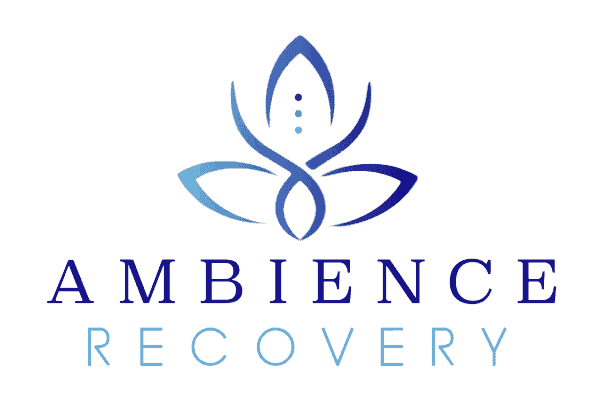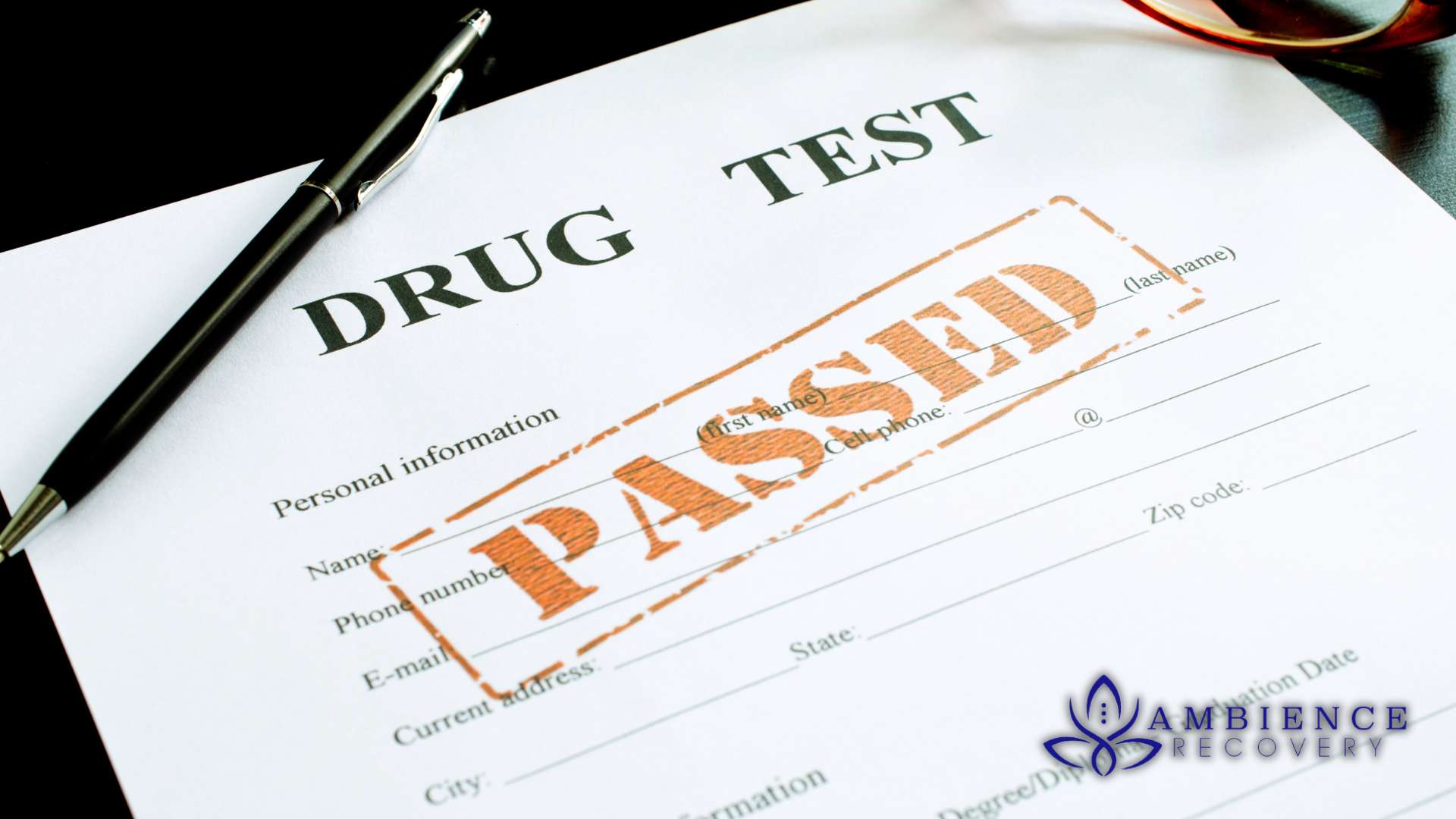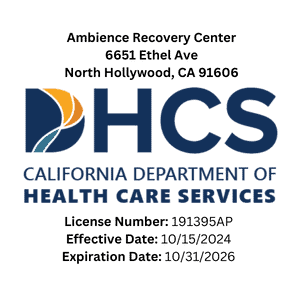Key Takeaways
- Urine drug tests are commonly used to detect recent substance use.
- Drug detection times vary depending on the substance, frequency of use, and individual factors.
- Professional treatment programs can help individuals struggling with substance abuse and addiction.
Introduction
Urine drug tests are one of the most commonly used methods to detect drug use. These tests can reveal if someone has recently used substances like opioids, cocaine, or marijuana. They are often required for employment, legal situations, or medical purposes.
Understanding how long drugs stay in your system is important for anyone undergoing a urine drug test or seeking help for substance abuse. This article will explain how these tests work, how long various drugs remain detectable, and the importance of seeking addiction treatment.
What Are Urine Drug Tests?
A urine drug test checks for the presence of drugs or their byproducts (metabolites) in a person’s urine. These metabolites are substances left behind after the body processes drugs.
Common Uses of Urine Drug Tests:
- Workplace screenings to ensure a drug-free environment.
- Probation and legal compliance monitoring.
- Medical evaluations to diagnose or monitor substance use disorders.
How the Process Works:
- A urine sample is collected, typically in a controlled setting.
- The sample is tested using an initial screening method, like an immunoassay.
- If the initial test shows a positive result, a confirmatory test, such as gas chromatography-mass spectrometry (GC-MS), is used for accuracy.
How Long Do Drugs Stay in Your System?
The length of time a drug stays in your system depends on several factors, including the type of drug, how often it’s used, and your body’s metabolism.
Factors That Affect Detection Times:
- Type of Drug: Some drugs leave the body quickly, while others linger for days or weeks.
- Frequency of Use: Regular users often have longer detection windows than occasional users.
- Individual Metabolism: Age, weight, hydration, and overall health influence how fast the body processes substances.
General Detection Times for Common Drugs:
- Cocaine: Detectable for 1–4 days.
- Marijuana: 3–30 days, depending on frequency of use.
- Heroin and Other Opioids: 1–3 days.
- Benzodiazepines: 3–7 days for short-acting; up to 30 days for long-acting.
- Amphetamines: 1–3 days.
How Urine Drug Tests Work
Urine drug tests look for the presence of specific drugs or their metabolites.
Types of Tests:
- Initial Screening Tests: These are fast and cost-effective but may produce false positives.
- Confirmatory Tests: GC-MS or other advanced methods are used to verify results from the initial screening.
Proper Sample Collection:
To ensure accurate results, urine samples must be collected under controlled conditions to prevent contamination or tampering.
Limitations of Urine Drug Tests
While urine tests are widely used, they are not perfect.
Common Limitations:
- Short Detection Windows: Some drugs, like cocaine, leave the system quickly, making them harder to detect.
- False Positives: Certain medications, foods, or supplements may produce positive results.
- Sample Tampering: Attempts to dilute or alter the sample can affect accuracy.
Testing methods like saliva, blood, or hair tests may be used for longer detection windows or excellent reliability.
Substance Abuse and Drug Detection
Frequent or prolonged drug use extends the time substances remain in the body. Chronic use also increases the risk of addiction and other health problems.
Risks of Substance Abuse Include:
- Health issues, such as liver damage, heart problems, and mental health disorders.
- Legal and financial consequences, including fines, job loss, or incarceration.
- The development of tolerance and dependence leads to more severe addiction.
Addressing substance abuse through professional treatment is essential for long-term recovery and improved quality of life.
Treatment Options for Substance Use Disorders
Medical Detox
The first step in overcoming addiction is detoxification, where the body eliminates drugs under medical supervision. Detox helps manage withdrawal symptoms and ensures safety during the process.
Medication-Assisted Treatment (MAT)
MAT uses FDA-approved medications to reduce cravings and withdrawal symptoms, allowing individuals to focus on their recovery.
Therapy and Counseling
Behavioral therapies, like Cognitive Behavioral Therapy (CBT), help individuals identify triggers, develop coping skills, and address the root causes of addiction.
Inpatient and Outpatient Programs
- Inpatient Rehab: Provides structured care in a supportive environment, ideal for severe cases.
- Outpatient Rehab: Offers flexibility for individuals who can maintain their recovery while fulfilling daily responsibilities.
Ongoing Support and Aftercare
Recovery doesn’t end after rehab. Support groups, 12-step programs, and continued therapy play a crucial role in maintaining sobriety and preventing relapse.
Conclusion
Understanding how long drugs stay in your system is essential for those undergoing urine drug tests or seeking help for substance use. Factors like the type of drug, frequency of use, and individual metabolism all impact detection times.
Urine drug tests provide valuable insights, but they also highlight the importance of addressing substance abuse and seeking professional care. Recovery is possible with the proper support and treatment.
If you or someone you love is struggling with substance abuse, contact Ambience Recovery at 866-721-7470 for compassionate care and personalized treatment options. Take the first step toward a healthier, drug-free life today.
FAQs About How Long Do Different Drugs Stay in My Body?
What is a urine drug test used for?
Urine drug tests detect recent drug use for employment, legal, or medical purposes.
How long do drugs stay in your urine?
Detection times vary by drug and individual factors, ranging from 1 day to over 30 days for some substances.
Can a urine drug test detect occasional drug use?
Yes, but detection depends on the drug and how quickly the body processes it.
What causes false positives in drug tests?
Certain medications, foods, or supplements can trigger false positives in urine drug tests.
How can I get help for substance abuse?
Professional treatment programs can support recovery, including detox, therapy, and aftercare. For help, contact Ambience Recovery at 866-721-7470.
How can someone pass a drug test for opioid drug abuse?
The only safe and ethical way to pass a drug test is to stop using opioids and allow the body time to metabolize and eliminate the substance naturally. Detoxing under medical supervision is the most effective approach for achieving this.
How long are various drugs detected in urine?
Detection times vary by drug: opioids like heroin (1-3 days), marijuana (up to 30 days for heavy users), cocaine (1-4 days), and benzodiazepines (up to 7 days or longer for long-term use).
Where can I get help for drug addiction?
You can seek help for drug addiction at a specialized rehab center, like Ambience Recovery, or contact local resources, such as addiction hotlines, counseling services, or support groups like Narcotics Anonymous.
How do I determine how long drugs stay in the body for urine test results?
Drug detection depends on factors like the type of drug, frequency of use, metabolism, and hydration levels. Consult reliable resources or a medical professional for specific detection windows.
How long does benzodiazepine stay in your body?
Benzodiazepines can stay in your system for 2-7 days for short-acting types, while long-acting benzodiazepines may be detectable for up to 10-30 days, depending on usage and individual factors.
Resources
https://medlineplus.gov/lab-tests/drug-testing/
https://pmc.ncbi.nlm.nih.gov/articles/PMC4920965/
https://www.medicalnewstoday.com/articles/326305
Katie is a Licensed Clinical Social Worker who has worked as a primary therapist, supervisor, and now clinical director for SUD/MH treatment centers for the past 12 years. Katie is trained in Brainspotting, EMDR, Internal Family Systems and Dialectical Behavior Therapy and is passionate about treating substance use disorders, trauma and grief.






